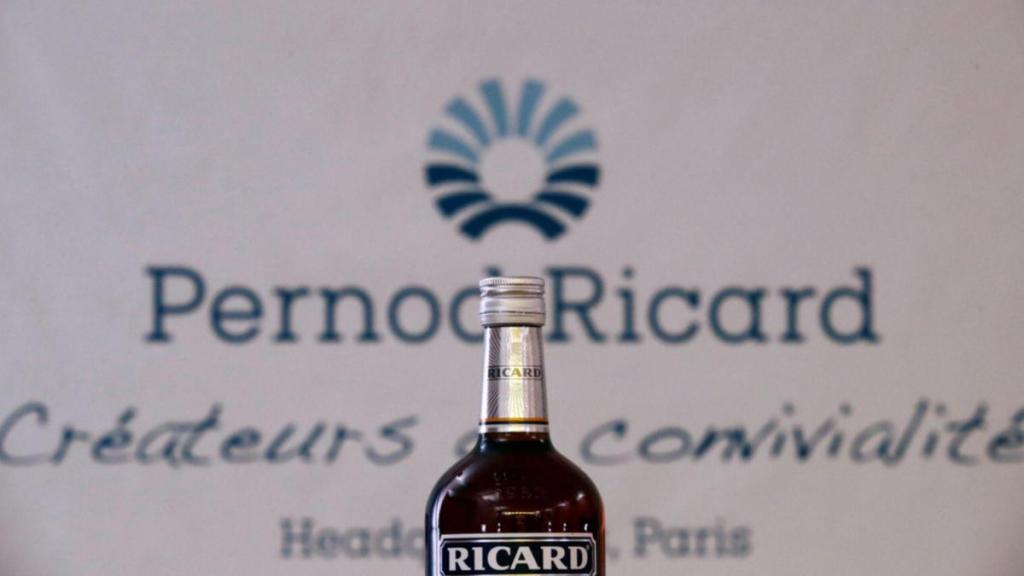For years, whisky connoisseurs would turn to Scottish single-malts for their evening drinks. That trend is changing as Indian single malts, led by brands such as Indri, Amrut, Rampur, Paul John and GianChand catch the attention of whisky lovers.
Foreign players such as Pernod Ricard and Diageo, who’ve prominent single-malt portfolios in the world, have been quick to seize the Indian single-malt opportunity. Pernod rolled out Longtitude77 in December, while Diageo launched Godawan two years ago. For Pernod, in particular, the Longittude77 launch is critical, because the French liquor major, whose Glenlivet brand, has led the imported single-malts segment in the country for years, has seen the market turn upside down in recent months. Calendar year 2023 not only saw Indian single malts surpass sales of imported brands, but Indian brands won prestigious whisky awards on the global stage.
“With Longitude77, we want to shine the light on India, not only as the largest consumer of whisky in the world, but as a producer of premium quality spirits,” Kartik Mohindra, chief marketing officer and head, global business development, Pernod Ricard India, said.
Plans include pushing Longitude77 in India and overseas. The first such step was taken last month, when Longitude77 was launched in Dubai. Mohindra says the brand, priced at Rs 5,500 for a 750-ml bottle, will be made available in the US, the UK and Singapore, among other markets in West Asia and other key regions with a large Indian diaspora.
In February, the company signed a memorandum of understanding (MoU) with Maharashtra to establish a new malt distillery in Nagpur at an investment of Rs 1,800 crore. The distillery, which will be one of the biggest in India and will be set up over the next few years, will have a capacity of up to 60,0000 litres per day and 13 million litres annually. With this project, the company aims to procure up to 50,000 tonne of barley on an annual basis from farmers nationwide to produce malts such as Longitude77, among other brands.
Growing market
Of the 765,000-case-strong total single-malt market in India today, according to the Confederation of Indian Alcoholic Beverage Companies (CIABC), nearly 55% or 415,000 cases are Indian single malts. One case consists of nine litres of alcohol. A few years ago, it was imported single malts that led the total single-malt market in the country.
“Growing disposable incomes, quest for luxury as well as quality products coming out of Indian distilleries, thanks to the climactic conditions that aids faster maturation coupled with a portfolio of strong and distinct flavours, have all contributed to the growth of Indian single malts,” Vinod Giri, director general, CIABC, said in a conversation with FE.
Giri says the Indian single-malt segment within the total single-malt market has been steadily growing over the last two years from nearly 49% in terms of size in CY22 to 51% in CY23. This growth momentum — domestic brands, for instance, logged a growth of about 23% in 2023 vs 11% for imported brands — will continue over the next few years as Indian single malts come of age and are ranked among the best in the world in terms of quality and flavour.
“Whisky has transcended its conventional limits, seamlessly integrating into every celebration, enchanting an expanding cohort of women and catering to discerning palates. Indian single malts, in particular, are reinventing the game in terms of quality, refinement and experimentation,” Praveen Malviya, CEO-IMFL, Piccadily Distilleries, which makes Indri, said.
Since its 2021 debut, Indri has garnered over 25 prestigious accolades and a 30% share of the single-malt market in India, Malviya said. Among the recent accolades for Indri include the Diwali Collector’s Edition 2023, crowned as the Best Whisky in the World with the “Best in Show, Double Gold” honour at the esteemed Whiskies of the World Awards 2023 and Indri Dru winning the title of ‘Best Indian Single Malt’ at the World Whiskies Awards 2024.

